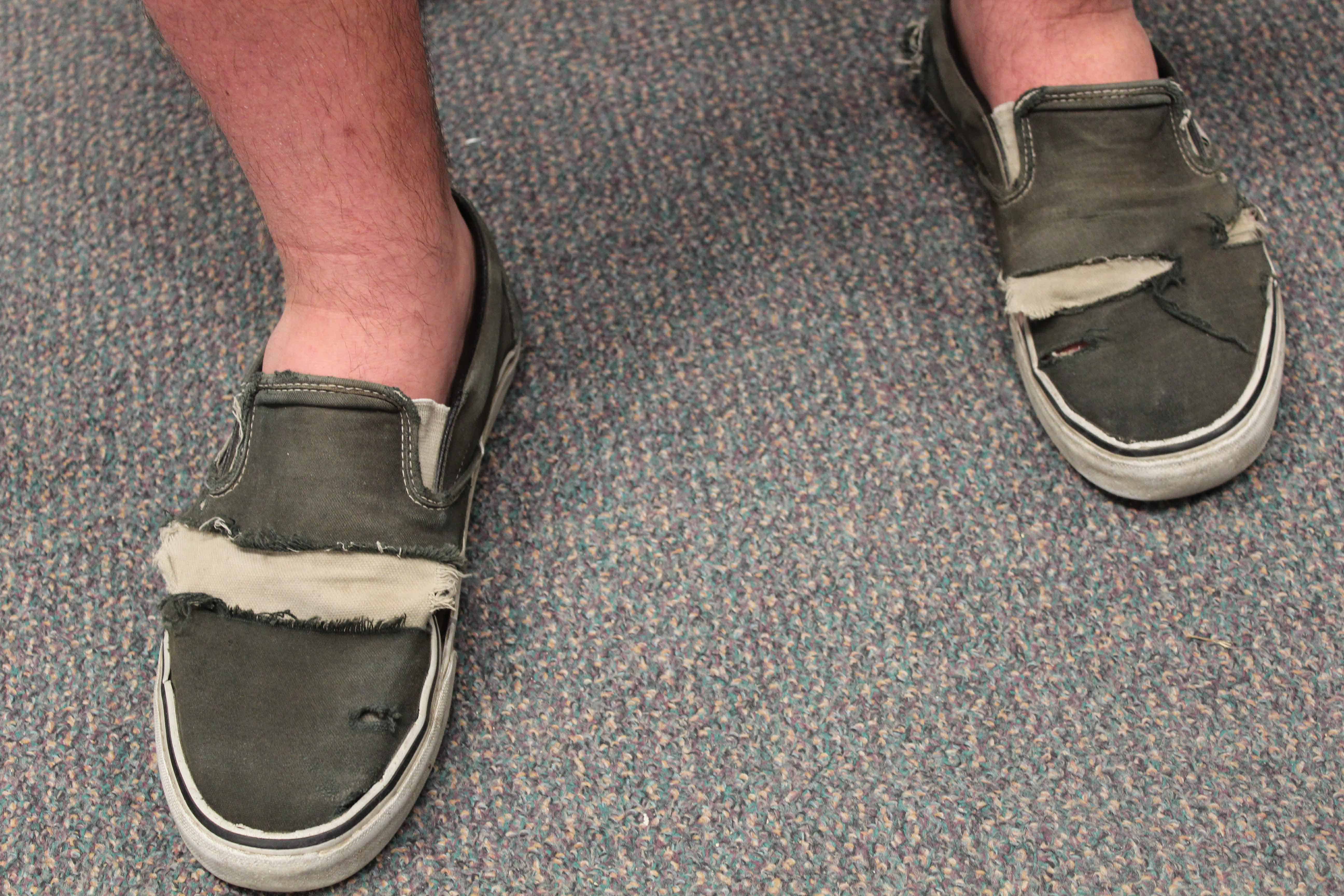Weaponize the winter break

Plan to make the most of the upcoming break
As we are already mid-semester with the winter term progressing, students once again find themselves grappling with the demands of academia, navigating shifts in routine, and striving to strike a delicate balance between coursework, employment, and self-care. The eagerly awaited winter term reading week, scheduled for mid-February, emerges as a much-needed respite, offering students a crucial pause to combat burnout and alleviate stress amid their academic journeys.
While adapting to new classes and routines, this break becomes a focal point for students to reevaluate, recharge, and refocus on mental well-being. Herein lies a guide, with an emphasis on the winter break and midterm, on how students can prioritize and safeguard their mental health throughout the demanding semester.
Embrace the Winter Chill
Winter’s frosty embrace can be relentless, with temperatures plunging to -30 C. Shield yourself from the cold by investing in snug, insulated clothing. Layer up wisely and don’t forget your cozy beanies and gloves when venturing outdoors.
Reflect and Strategize
As the winter break unfolds, seize the opportunity to reflect on your academic journey so far. Identify areas for improvement, catch up on readings, and prepare insightful questions for your professors. Bridge any communication gaps with instructors, seeking clarity on assignments and fostering a stronger connection.
Dive into Course Material
During the reading week, immerse yourself in a thorough review of your classes and coursework. Organize your notes, revisit key concepts, and ensure you’re staying on top of the material. Craft a personalized study plan, steering clear of the pitfalls of last-minute cramming.
Navigate Academic Deadlines
Stay on top of class registration deadlines and refund periods. Being well-informed about these critical dates empowers you to make important decisions regarding your academic commitments.
Vary Your Study Spaces
Break away from the monotony of your usual study spot. Explore diverse environments like the library, a quaint café, or a local park. A change in scenery can invigorate your mind, fostering enhanced focus and productivity.
Prioritize Personal Time
During the break, carve out moments for self-care. Whether in solitude or with friends, create a space free from unnecessary stress. Engage in activities you love, be it regular exercise, moments of meditation, or simply indulging in your passions.
Rejuvenate Through Quality Sleep
Leverage the reading week to reinforce healthy sleep habits. Catching up on rest during this hiatus can significantly improve your physical and mental wellbeing.
Contribute to Your Community
Consider allocating time during the reading week for volunteer work or community service. Immersing yourself in a cause you’re passionate about not only fulfills a sense of purpose but also strengthens your ties to the community.
Gratitude and Reflection
Pause to reflect on the positive aspects of your academic journey. Acknowledge your achievements and express gratitude for the support systems around you. Cultivating a mindset of gratitude builds resilience, equipping you to face challenges with a positive outlook.
Access Tailored Mental Health Support
Recognizing the paramount importance of mental wellbeing, the University of Regina offers personalized psychological services through the Student Mental Health Department. Whether in-person or virtually via Zoom, confidential sessions are available to address your unique stressors and collaboratively develop effective solutions.
Mental health is not just a solitary endeavor but also a collective responsibility, as proven by the University of Regina through its various mental health resources. Remember, your mental and emotional well-being is a necessity that cannot be overlooked. If you require immediate support, utilize the university’s 24/7 services or reach out to crisis lines available.
• 911 for an emergency
• 811 for health-related concerns or go to your nearest urgent healthcare facility
• Campus Security: 306-585-4999
• Regina Mobile Crisis Services: 306-757-0127
• Regina Crisis Line: 306-525-5333
• Regina Sexual Assault Line: 306-352-0434
• Canada Crisis Text Line: Text” UofR” to 686868 or phone 1-800-668-6868
• Talk Suicide Canada: 1-833-456-4566 or talksuicide.ca
• For immediate assistance for Indigenous peoples across Canada: 1-855-242-3310









